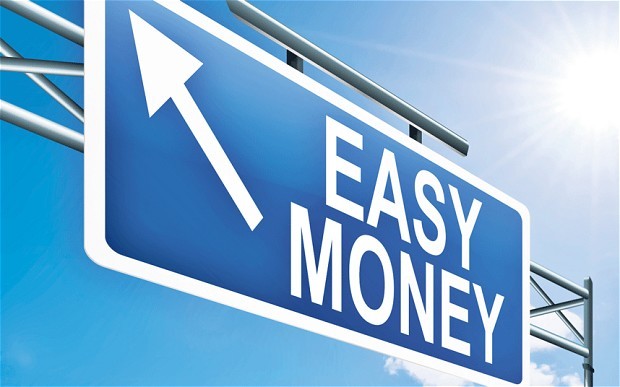Should You Buy with Cash or with a Mortgage Financial Web
Post on: 18 Апрель, 2015 No Comment

We all know about the great tax benefits that are a result of financing your home. But, given the choice, should you go into debt from such a large purchase simply to reap tax advantages? Of course not. You must first decide on your financial goals and what you want to achieve through home ownership, as well as how long you expect to live there. With these answers you’ll be much better equipped to determine the financing options that are most appropriate for your situation. Below are some pros and cons of paying cash for your home as opposed to mortgage financing.
Benefits of an all-cash home purchase include:
- Full and complete ownership of your home, with no mortgage payments! This can be especially important to some buyers whose parents or other family members lost their homes to foreclosure during the Great Depression, or those that have simply taken note of the sheer numbers of homes in foreclosure today.
- Buying with cash eliminates mortgage interest, which can more than double or even triple a property’s purchase price if the loan runs its full term.
- The cash buyer doesn’t spend money, time, or effort obtaining a loan. Closing costs are minimized, to include only minor expenses such as deed preparation, recording documents, and the like.
- Cash buyers don’t necessarily need to obtain the property appraisal that’s required with most mortgage loans (except possibly to verify that he or she is paying a fair market price).
- Cash gives the buyer greater purchasing power, because a cash purchase is free of financing contingencies and finance-related costs. In addition, having all cash makes negotiating a discount of the purchase price a strong probability.
- The cash buyer can take out a loan on the property later, using its value as collateral.

Some benefits of financing the purchase:
- By obtaining a mortgage, the borrower employs one of the most basic principles of real estate purchasing: using leverage by buying with other people’s money, or OPM. This eliminates the need to use precious cash to buy the home; potentially depleting reserves which could be used for other purchases, emergencies, or lucrative investment opportunities.
- No mortgage interest means loss of the interest tax advantages. Also, if consumer loans are needed later to finance other purchases (due to cash shortages), that interest is not tax deductible.
- Other closing costs are may also be tax-deductible. For example, discount points — even those paid by the seller — are tax-deductible for the homebuyer. Additionally, with a mortgage loan, some fees can be financed to provide greater purchasing leverage.
- The cash buyer who doesn’t obtain an appraisal could be paying too much. Should the property need to be sold in a short time, it might not bring the full price that was initially paid.
- By taking out a loan later, the homebuyer actually becomes both the borrower and the seller for the purpose of paying costs. These additional expenses can include title insurance, discount points, and other closing fees.
- Mortgages applied for after cash purchases might be considered refinances and therefore may not be as low in interest rates and fees. This could inhibit the borrower from getting all of the cash that’s needed out of the property.














